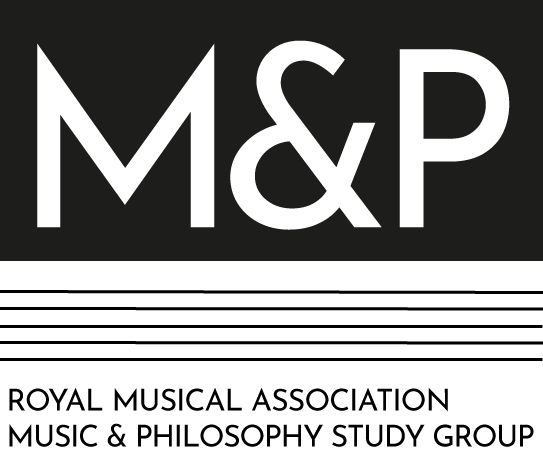This Study Group session was held at The Seventh Biennial International Conference on Music Since 1900 / The International Conference of the Society for Music Analysis, Lancaster, Thursday 28 to Sunday 31 July 2011 (session scheduled for Thursday 28 July)
Convenor and chair: Huw Hallam
Speakers: Anthony Gritten, Andy Hamilton, Bjorn Heile, George Revill
The term ‘contemporaneity’, as conceptualised in recent art historiography, indicates the multiple and uneven temporalities of a world shaped by globalisation and conflict (Terry Smith, 2010). It registers simultaneously the incommensurable historical orientations and volatile co-presence of those temporalities and the complex social, economic and geographical differentials that embed them. Adopting such a ‘co-temporal’ approach in the analysis of contemporary music raises major conceptual, practical and ethical difficulties. For it would seem to demand a global representation of current musical/sonic practices that falls prey neither to flaccid relativity, nor to the appropriating temporality of the analyst’s authorship. Working beyond the limitations of inherited disciplinary organizers such as ‘serious’ and ‘popular’ or ‘Western’ and ‘World’, the contemporary analyst must develop suitable methods of tracing and evaluating the divergent, but often blurred, textures of temporality manifested in all their rich complexity across the musical spectrum.
This round-table examines this problem via the metaphor of ‘marking time’. If music is characterised as an essentially temporal art-form, producing sense primarily through a marking of time, how closely can the temporal forms of contemporary music(s) be said to inhere on its various projections of historicity and sociality? On what level can we speak of different currents of musical practice encapsulating knowledge of the present, marking time in the sense of articulating, witnessing or contesting historic truths? Or alternatively, might contemporary music, in whole or in part, be more aptly charactised as biding time, essentially passive to the geo-economic and social forces structuring the contemporary situation?
